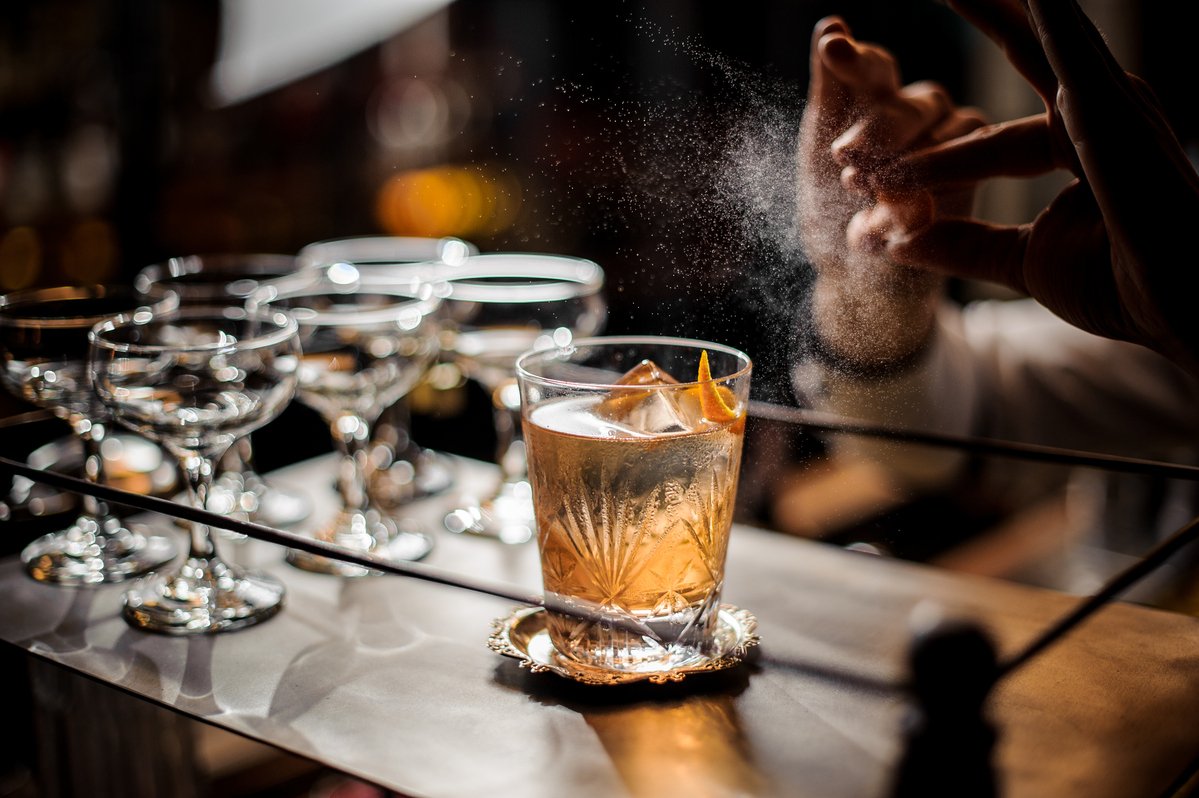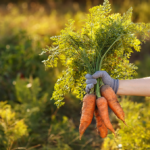
20 Sustainable Sips to Cheer For
- foodfightadmin
- September 14, 2023
- Climate Change
- resources latest july, rsc pages, rscl
- 0 Comments
In a significant move towards environmental responsibility, the World Health Organization (WHO) has released data indicating that the average person over the age of 15 consumes the equivalent of 53 bottles of wine per year. This statistic is crucial, not just for health reasons, but also for its environmental implications. A study in the Journal of Cleaner Production and Beverages has highlighted that the production of alcoholic beverages contributes to greenhouse gas emissions, land degradation, and water depletion. In response, numerous beer, wine, and spirit companies are taking strides to produce their beverages more sustainably.
The environmental impact of alcohol production is considerable. A study from the University of Manchester revealed that producing one liter of beer might require over 40 liters of water. The cultivation of barley and hops, essential ingredients in beer, accounts for most of this environmental impact.
However, the industry is witnessing a shift as companies transition to practices that not only protect natural resources but also respect cultural histories and support local economies. Research from the University of Castilla-La Mancha suggests that adopting sustainable practices and effectively communicating these efforts to consumers can give wine producers a competitive edge.
In a noteworthy development, Maker’s Mark, a renowned U.S. bourbon brand, achieved B Corp status for its Kentucky distillery in 2021, becoming the first distillery farm to be certified by Regenified for its commitment to soil, water, and ecosystem longevity.
Brian Freedman, author of “Crushed: How a Changing Climate is Altering the Way We Drink,” emphasizes the importance of supporting producers who prioritize the planet. To assist consumers in finding environmentally responsible producers, we are highlighting 20 producers and programs globally that are offering sustainable beverages.
These include Aguerrido in Mexico, a mezcal producer committed to traditional production methods and reforestation; Boochcraft in the United States, known for its sustainable kombucha production; and Castelbarry in France, a cooperative cellar focusing on sustainable wine production.
Other notable mentions are Cooperativa Vinicola Garibaldi in Brazil, prioritizing ecological and social sustainability in wine and grape juice production; Drop Bear Beer in the United Kingdom, the world’s first carbon-neutral, nonalcoholic brewery; and Holden Manz in South Africa, a vineyard reducing energy consumption with solar panels.
In the United States, House of Brown, a vegan wine producer by women of color, is Certified Green by Lodi Rules. Japan’s Kubota sake brewer runs The Firefly Village Project to support environmental health, while Maker Wine in the United States offers high-end wine in recyclable cans.
Also featured are Mijenta Tequila in Mexico, the first tequila to receive the B-Corp certification; Parés Baltà in Spain, practicing biodynamic agriculture; and Patagonia Provisions Partner Breweries in the United States, collaborating on a beer initiative with perennial grains.
These examples represent a growing trend in the alcohol production industry towards sustainability, indicating a collective effort to reduce environmental impact while still providing quality products.








